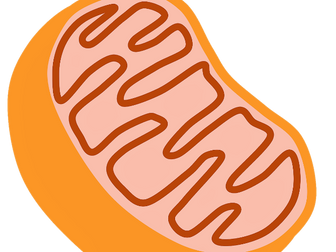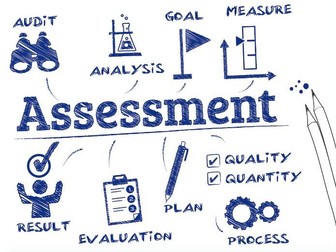Jurassic Park Ecology Booklet
This booklet covers most of the topic of ecology. It uses a Jurassic Park theme and can be printed off with each child having their own booklet. My class really enjoyed it! Students will be part of a team of scientific researchers who travel to Isla Nublar to dicover how dinosaurs interact with each other and their environment. A list of key words and an end of topic test are included at the end.




